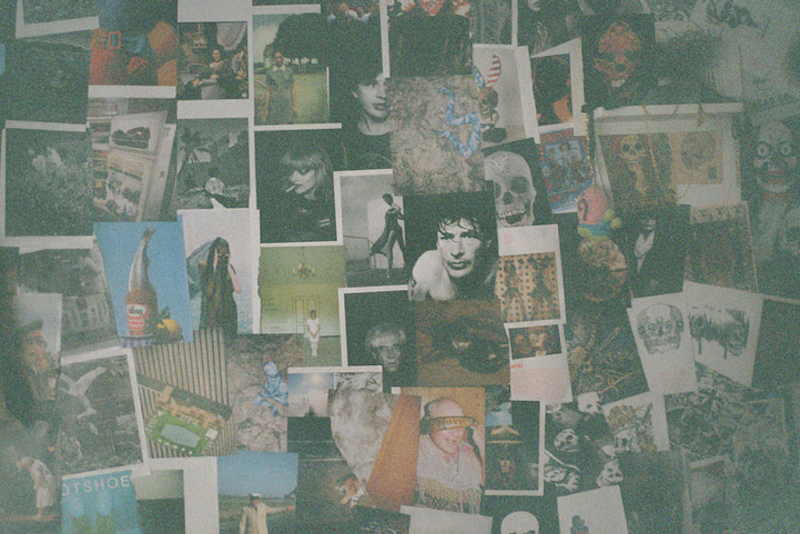Some people are incapable of understanding that depression has no definitive time. There is no amount of time that someone can feasibly say, “You’ve been depressed for a week and you’re not allowed to wallow anymore.” There is no right amount of time to grieve, cry or feel deeply hollow. When people lose a loved one, or end a relationship, they’ll often fall into a depression that’s almost impossible to shake.
There are also people who’ve been depressed for so long that it’s become status quo. There’s no identifiable explanation for it. I’ve suffered from depression for as long as I can remember and although it comes in waves, my neutral state tends to be one of passive sadness. Throughout the years I’ve seen many professionals. We’ll speak for an hour a week and the return is the 30 minutes of happiness I’m awarded as I drive from the appointment back to my apartment.
I’ve been on various cocktail combinations of medication in order to build up serotonin levels in my brain yet none seem to work. During my sophomore year of college, a physician prescribed me two different medications. Instead of feeling happier, I was completely empty. I’d be out to dinner with friends and feel so removed from the situation it felt like I was floating above the table, looking down on an empty body. I looked like myself but inside I felt absolutely ambivalent.
It wasn’t until I stopped taking the medication that I began to gain back some of myself. I figured it was better to be feel gloomy than catatonic. My mother, whom I love dearly, is a woman who’s overcome her tribulations with the help of books like The Secret as well as her faith. I can’t say whether or not these things work in any tangible way, but I know they’ve helped her—and isn’t that enough?
This is also where the problem arises. Some people just don’t understand why people who are depressed can’t be positive. A mantra that’s been repeated to me hundreds of times is: “If you put positivity out in the world, you will get positivity back.” Seems simple, right? And I sort of get it. If I’m actively kind to people, show them respect, and put a smile on my face, I should be happy. Unfortunately, this mantra has never proved beneficial to me because depression isn’t a simple fix. As much as psychologists will try, you can’t define depression with blanket statements such as, “It feels like a wet blanket is covering your whole body” or “You feel like you’ll never be happy again.”
There is no right or wrong way to feel depressed. For me, depression will manifest itself as I walk down the street, and I turn a corner just to avoid large crowds of people. It will manifest itself in the anxiety I feel at the idea of going out to a birthday dinner, or in the fake smile I plaster across my face as I walk out the door. Depression, for me, is feeling guilty for being so sad because my life is beautiful and I’m lucky to be in the educational and financial situation that I am. Depression for me is choosing to put myself in potentially harmful situations just to get a rise out of myself and it is hiding away from things that may potentially be healthy for me.
I do this because sometimes I need my depression. My personality has formed around it and although I know that it stifles how outgoing and jubilant I may truly be, I don’t know myself without it. In a way, it’s become a crutch because sometimes I’m afraid that I may not be prepared to know who I am without it.
—Follow Shawn Binder on Twitter: @ShawnBinder

